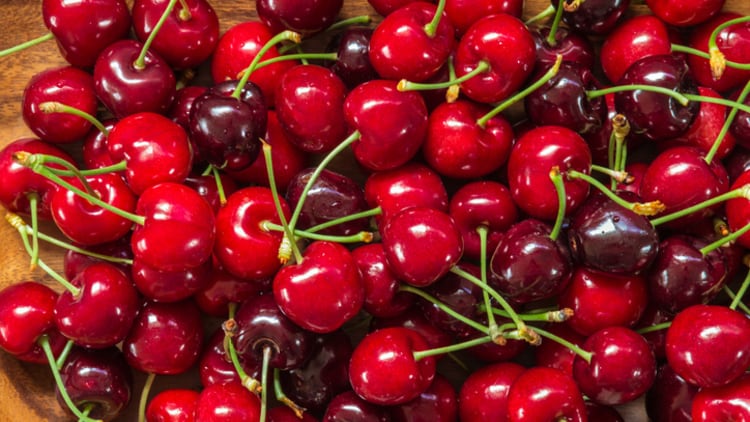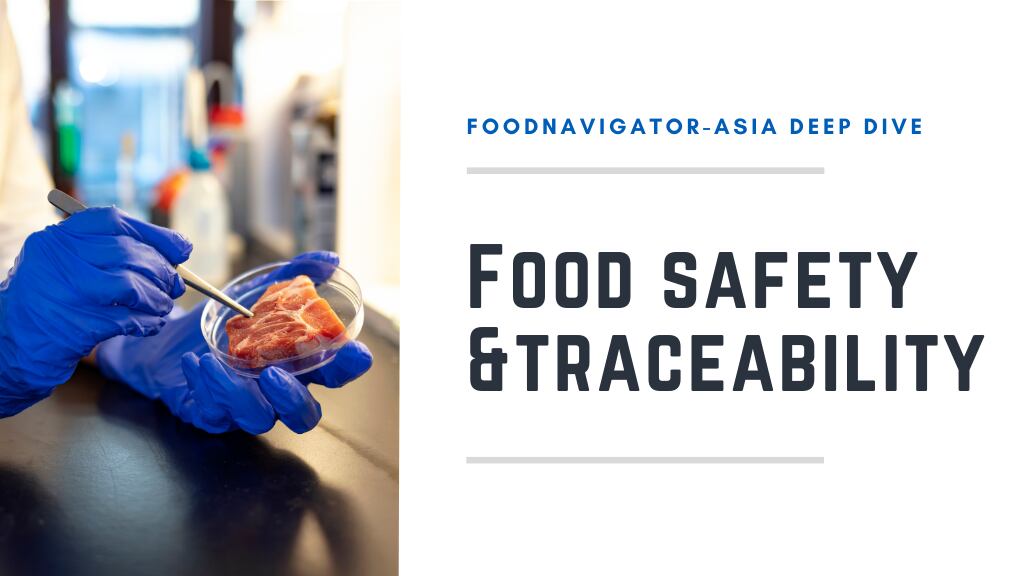Grasslands dairy funding: Yili and Mengniu back bid to make Inner Mongolia a major hub
The Inner Mongolia Autonomous Region local government has allocated specific funding for the development and revitalisation of the dairy industry in the region, aiming to work with local dairy giants Yili and Mengniu to maximise its potential.
The Inner Mongolia Autonomous Region is the home base for big dairy names such as Yili and Mengniu as it is primarily grasslands, making it a very suitable location for dairy farms to be established.
Recently, the local government in the region has decided to formalise plans to develop a dairy hub there, based on the large volume of dairy activity already taking place, and has allocated a total of CNY348mn (US$52mn) to do this.
‘Beat the bottleneck’: China functional food specialist BuffX to launch TCM-concept breakfast
China functional food firm BuffX has outlined its strategy to outgrow the bottleneck seen in tier one and two cities – by launching powder-based ‘breakfasts’ in lower tier cities formulated using traditional Chinese medicines (TCM) concepts.
CEO Kang Le revealed that the company would be venturing into TCM-related products targeted at consumers from the third and fourth tier Chinese cities.
The first product to be launched is developed based on TCM formulas 1) Si Shen Tang (四神汤), which is usually taken to improve appetite and 2) Shen-ling-bai-shu-san (参苓白术散), which is widely used for gastrointestinal disorders. The powder based product turns into a mush after it is dissolved in water and can be eaten for breakfast.
COVID-19 contamination: Frozen food can carry virus, claims Chinese public health authority study
Frozen food from meat- and poultry-processing plants or markets can be contaminated with the COVID-19 virus, according to a new paper published by the Chinese Center for Disease Control and Prevention (CCDC).
The scientists collected and analysed over 55 million swabs of imported and domestic cold-chain foods and their outer or inner packaging during slaughter, production and processing, storage, transportation, and retail between July 2020 and July 2021.
A total of 1,455 samples (0.26 per 10,000) were tested positive for the SARS-CoV-2 nucleic acid. For the virus-positive samples, 96.41% and 3.59% of samples were swabs of food and food packaging materials, and environment, respectively.
Uncommon consumption: Fewer than one-in-five take supplements in Inner Mongolia – Study
Fewer than one-in-five people in Inner Mongolia regularly consume dietary supplements, but among those that do, calcium is far and away the most popular product, new data reveals.
The study found that 18.83% of Mongolians use dietary supplements in Inner Mongolia. In descending order of prevalence, the types used were calcium, vitamin C, multivitamins, vitamin B, multivitamins/minerals, protein, vitamin E, and vitamin D.
The most popular supplement among the subjects was calcium. The study showed that the highest rate of calcium supplementation among Mongolians who consumed dietary supplements was 58.15%. The second most popular supplement was vitamin C. Usage rates of vitamin B, vitamin D, vitamin E, protein, and multivitamin/minerals were also recorded to be less than 5%.
Omnichannel retail in China: Chromadex targets ‘blue-hat’ registration for Tru Niagen within two years
America’s nicotinamide riboside (NR) maker Chromadex is eyeing omnichannel retail in China and is confident of achieving the ‘blue-hat’ health foods registration status – required for normal trade of health foods in China – in the next 24 months or less.
Chromadex recently announced a joint venture with three other companies to facilitate the distribution of Tru Niagen via all channels in China. The JV will consist of Chromadex Asia Limited, Crystal Lake Developments Limited, Pioneer Idea Holdings Limited, and Hong Kong Taikuk (China) Group Limited.





